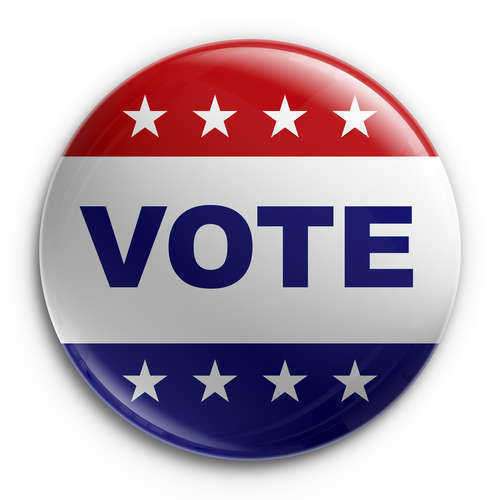Mirror, Mirror
I’ve got a crazy idea. . . I’m not sure this is realistic, but. . . What if. . . I’ve always wanted to. . . Don’t you cherish conversations about aspirational ideas with special people who respond positively and authentically? I love that idea! What if…? Of course you could do that! Emilie …






